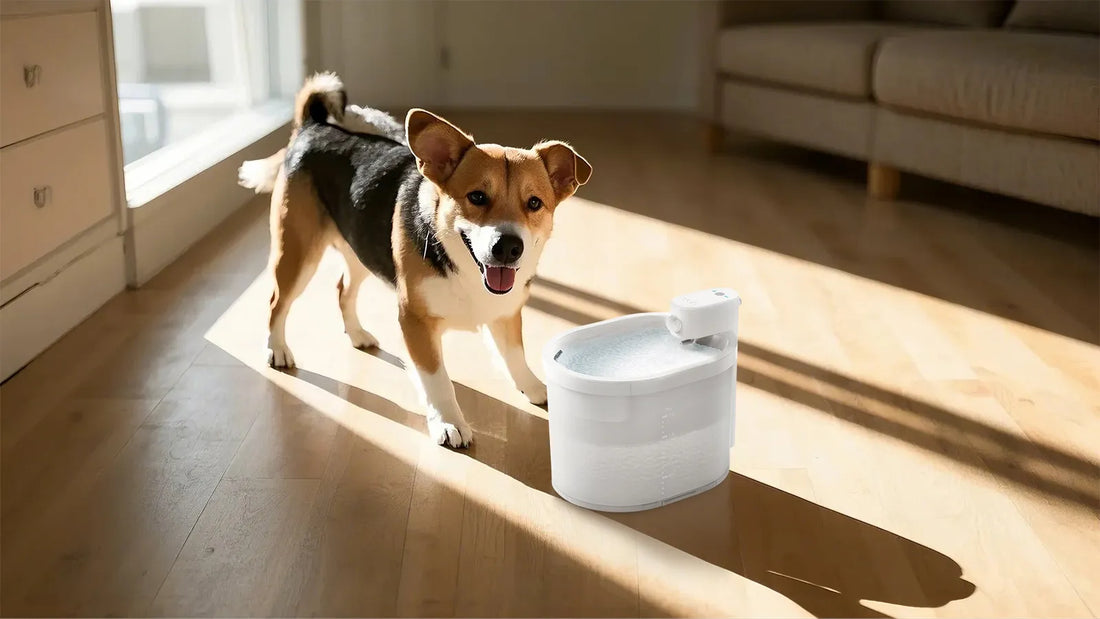If you've ever found yourself asking, 'Why does a cat poop outside the litter box?' you're not alone. This frustrating behavior is a common issue among cat owners, but understanding the underlying causes can help you address it effectively. Cats are creatures of habit, and when they deviate from their usual routines, it's often a sign that something is amiss. In this article, we'll explore the various reasons why your feline friend might be avoiding the litter box and provide practical solutions to help restore harmony in your home.
Medical Issues
One of the first things to consider when your cat starts pooping outside the litter box is whether there might be an underlying medical issue. Cats are masters at hiding pain and discomfort, so it's essential to rule out any health problems that could be causing this behavior. Conditions such as urinary tract infections, gastrointestinal disorders, or even arthritis can make it difficult or painful for your cat to use the litter box. If you notice any changes in your cat's elimination habits, it's crucial to consult with a veterinarian to rule out any medical concerns.
Stress and Anxiety
Cats are highly sensitive animals, and changes in their environment can lead to stress and anxiety, which may result in inappropriate elimination. Events such as moving to a new home, the arrival of a new pet or family member, or even changes in your daily routine can trigger stress in your cat. When a cat feels anxious, they may seek out alternative places to relieve themselves, often outside the litter box. Identifying and addressing the source of your cat's stress can help alleviate this behavior.
Litter Box Preferences
Believe it or not, cats can be quite particular about their litter box preferences. Factors such as the type of litter, the size and location of the box, and even the cleanliness of the box can influence whether your cat chooses to use it. Some cats may prefer a specific type of litter, while others may avoid a box that's too small or difficult to access. Ensuring that your cat's litter box meets their preferences and is kept clean can go a long way in encouraging proper use.
Territorial Marking
In multi-cat households, territorial disputes can sometimes lead to inappropriate elimination. Cats are territorial animals, and they may mark their territory by pooping outside the litter box, especially if they feel threatened by another cat. Providing multiple litter boxes in different locations can help reduce competition and give each cat their own space to eliminate. Additionally, addressing any conflicts between your cats can help create a more harmonious environment.
Aging and Mobility Issues
As cats age, they may experience mobility issues that make it difficult for them to access their litter box. Arthritis, joint pain, or other age-related conditions can make it challenging for older cats to climb into a high-sided box or navigate stairs to reach the litter box. Providing a litter box with low sides or placing it in an easily accessible location can help accommodate your aging cat's needs and encourage proper elimination.
Behavioral Problems
In some cases, a cat's decision to poop outside the litter box may be rooted in behavioral issues. Cats are intelligent animals, and they may develop habits or preferences that lead to inappropriate elimination. For example, a cat that has had a negative experience in the litter box, such as being startled or scared while using it, may associate the box with fear and avoid it altogether. Addressing these behavioral issues through positive reinforcement and environmental enrichment can help encourage your cat to return to using the litter box.
Environmental Factors
The environment in which your cat lives can also play a role in their litter box habits. Factors such as noise, temperature, and even the presence of other animals can influence where your cat chooses to eliminate. Cats prefer quiet, private locations for their litter box, so placing it in a high-traffic or noisy area may deter them from using it. Ensuring that your cat's litter box is in a calm, accessible location can help encourage proper use.
How to Address the Issue
If your cat is pooping outside the litter box, there are several steps you can take to address the issue. First, rule out any medical problems by consulting with a veterinarian. Next, evaluate your cat's environment and make any necessary adjustments to reduce stress and meet their preferences. Ensure that the litter box is clean, accessible, and located in a quiet area. If you have multiple cats, provide enough litter boxes to reduce competition. Finally, be patient and consistent in addressing the issue, as it may take time for your cat to return to their normal habits.
Understanding why your cat is pooping outside the litter box is the first step toward resolving this frustrating behavior. By identifying the underlying cause and making the necessary adjustments, you can help your cat feel more comfortable and encourage proper elimination. Remember, every cat is unique, and what works for one may not work for another. With patience and persistence, you can help your feline friend return to using the litter box and restore peace in your home.













